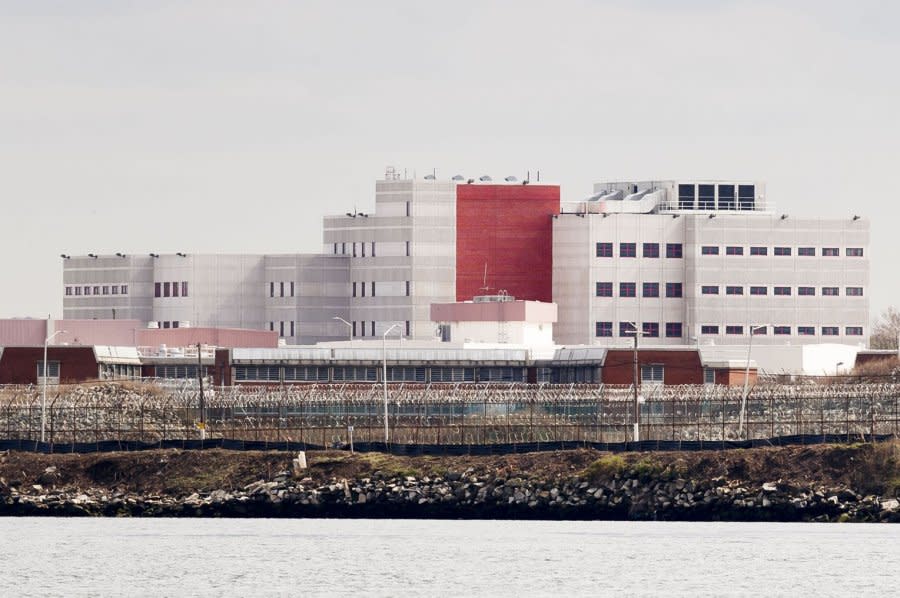New York City votes to ban solitary confinement in city jails

- Oops!Something went wrong.Please try again later.
Dec. 21 (UPI) -- The New York City Council voted to ban solitary confinement in city jails following recent scrutiny over inmate deaths.
The 51-member governing body voted 39-7 to pass the new policy, which faced a potential veto from Democratic Mayor Eric Adams, while also passing police transparency package related to traffic stops, consent searches and donations to NYPD that exceed $1 million.
The bigger move on solitary confinement grants all inmates at least 14 hours a day out of their jail cells to interact in shared spaces, while prisoners can only be separated from the general population in cases of violence.
Under the new law, inmates cannot be isolated in a cell for more than 2 hours during the day or for more than 8 hours at night for sleep. Inmates could face extended time alone if they pose an immediate danger to jail staff or other inmates, but not for more than four hours in a whole day.
The law also requires jail staff and mental health professionals to check on solitary inmates at least once every hour, and provide medical checks every 15 minutes.
Although Adams does not completely endorse inmate isolation, he said he didn't support the bill because he felt it would remove an effective deterrent, potentially encouraging violent inmates to engage in more violence while in jail, putting the lives of guards at risk.
"That's the same as if someone comes and commits a felonious assault on you and before the police officer can put them in jail, you need to give them a due process before you can put them in jail," the mayor said.
However, the two-thirds vote favoring the ban gave the legislative body a supermajority that could overturn a potential veto by the major, which Council Speaker Adrienne Adams said she was prepared to do.
"The Council has taken historic strides to advance justice and safety by banning solitary confinement and improving police transparency," Adrienne Adams said.
"The physical and psychological harm caused by solitary confinement leads to increased death and violence in jails, endangering those incarcerated, as well as correction officers and staff. When formerly incarcerated New Yorkers eventually return to their communities, the lasting trauma of solitary confinement follows them home, and affects us all as neighbors and members of a shared community."
It's uncertain whether Mayor Adams will use the veto as human rights advocates praised the council's decision as resounding affirmation for ending a practice that many consider psychological torture.
"We will finally have a real enforceable ban on solitary confinement, something people have been talking about for a very long time," said New York City Public Advocate Jumaane Williams, who helped launch the bill last year.
"No matter what terminology you use, there is isolation that the U.N. has called torture, and that is what we want to end. We want to make sure that the psychological effects that are proven are not something that is done in the city, and hopefully, across the country."
The city's Correction Officers' Benevolent Association also opposed the move, saying it would put the safety of jailers at risk as isolation is often used to protect guards from sexual assaults and other violence.
Solitary confinement became a pressing concern in recent years, especially as deaths increased at Rikers Island jail complex and other lockups in the city, while a number of these incidents were connected to the practice of extended isolation.
In a well-known case, 16-year-old Kalief Browder was jailed at Rikers for three years, two of which he spent in solitary confinement, after he was charged with stealing a backpack in 2010.
Five years later, after the charges were dismissed, Browder killed himself, partly due to his inhumane treatment at Rikers, according to his family, who filed a wrongful death suit and received a $3.3 million settlement from the city in 2019.
In 2021, an independent oversight board for New York City jails also voted to ban solitary confinement after inmates complained they were being isolated up to 23 hours a day, but rights advocates claim the practice is still employed off the record.

